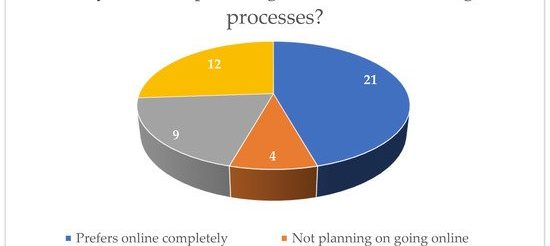Sustainability, Vol. 14, Pages 2914: Changes in the Innovation- and Marketing-Habits of Family SMEs in the Foodstuffs Industry, Caused by the Coronavirus Pandemic in Hungary

Sustainability, Vol. 14, Pages 2914: Changes in the Innovation- and Marketing-Habits of Family SMEs in the Foodstuffs Industry, Caused by the Coronavirus Pandemic in Hungary
Sustainability doi: 10.3390/su14052914
Authors:
Norbert Bajkó
Zsolt Fülöp
Kinga Nagyné Pércsi
The economic specialties caused by the global coronavirus pandemic completely changed everyday life regarding certain sectors. For the small and medium enterprises, processing during the pandemic held several significant challenges, such as: cost-efficient operations, hardship of keeping employees, efficient management of innovation and various corporate activities, keeping the customers, etc. Many enterprises saw severe damages indirectly from the coronavirus pandemic, as society itself had its habits significantly changed, thereby necessitating changes in strategy for small and medium enterprises, most notably for local service providers and producers that have no delivery service. In order to solve the issue at hand, several governments tried applying a variety of solutions—mostly by financing the enterprises in question. The goal of the authors is to understand the current operation of innovation initiatives that small and medium enterprises have post-COVID-19, and to obtain a clear view on changes in marketing habits. Furthermore, the analysis concentrates on the following: the state of family SMEs dealing in foodstuffs, and how to create a future view for such members of the sector by identifying best practices. Using data collected during 2020 and 2021, and employing descriptive statistics and a conjoint analysis, the authors wished to see how the coronavirus pandemic affected SMEs, detect the changes in their marketing and innovation policy due to the pandemic, and help them create core business strategy via consumer feedback. Authors found that SMEs had to innovate by 2021 beyond their 2019 expectations, and that customers had partially validated their endeavors through their answers.
